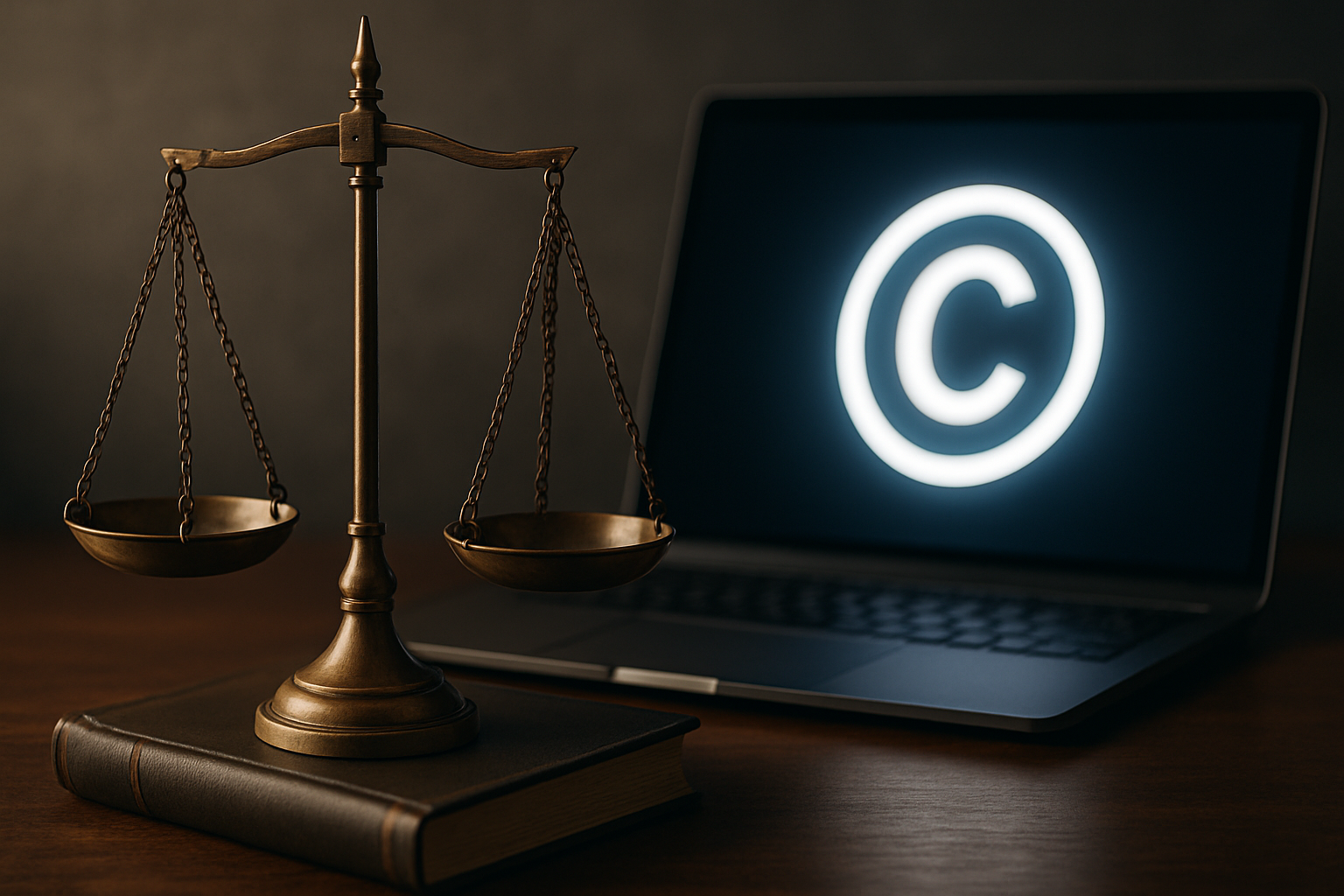Algorithmic Governance: Legal Challenges in the Digital Age
Introduction: In an era dominated by digital technology, the rise of algorithmic governance presents unprecedented legal challenges. As algorithms increasingly influence decision-making processes in both public and private sectors, questions of accountability, transparency, and fairness come to the forefront of legal discourse. This article explores the complex legal landscape surrounding algorithmic governance and its implications for society.

Legal Challenges in Algorithmic Accountability
One of the primary legal challenges in algorithmic governance is establishing accountability. Traditional legal frameworks struggle to assign responsibility when decisions are made by complex algorithmic systems. Questions arise about who should be held liable when an algorithm produces harmful or discriminatory outcomes: the developers, the entities deploying the algorithm, or the algorithm itself? This ambiguity has led to calls for new legal doctrines that can address the unique challenges posed by algorithmic decision-making.
Transparency and the Right to Explanation
Transparency is another critical issue in algorithmic governance. Many algorithms operate as black boxes, making it difficult for individuals to understand how decisions affecting them are made. This lack of transparency conflicts with legal principles of due process and the right to contest decisions. In response, some jurisdictions have begun to recognize a right to explanation, requiring that automated decisions be accompanied by meaningful information about the logic involved. However, implementing this right presents technical and legal challenges, particularly when it comes to protecting proprietary algorithms and trade secrets.
Algorithmic Bias and Discrimination
Algorithmic bias is a pressing concern in the legal realm of algorithmic governance. Algorithms trained on historical data may perpetuate or even amplify existing societal biases, leading to discriminatory outcomes in areas such as employment, lending, and criminal justice. This raises complex legal questions about how to define and prove algorithmic discrimination, as well as how to design algorithms that are fair and unbiased. Legal scholars are grappling with how to apply existing anti-discrimination laws to algorithmic decision-making and whether new legislation is needed to address these unique challenges.
Data Protection and Privacy Concerns
The use of algorithms in governance often involves the processing of vast amounts of personal data, raising significant privacy concerns. Legal frameworks like the European Union’s General Data Protection Regulation (GDPR) have attempted to address these issues by imposing strict requirements on data processing and giving individuals greater control over their personal information. However, the global nature of many algorithmic systems presents challenges in enforcing these regulations across jurisdictions. Legal experts are exploring ways to balance the benefits of algorithmic governance with the need to protect individual privacy rights.
The Future of Legal Regulation in Algorithmic Governance
As algorithmic governance continues to evolve, so too must the legal frameworks that govern it. Policymakers and legal scholars are exploring various approaches to regulation, from sector-specific rules to broader principles-based frameworks. Some advocate for algorithmic impact assessments, similar to environmental impact assessments, to evaluate the potential consequences of deploying algorithmic systems. Others propose the creation of regulatory bodies specifically tasked with overseeing algorithmic governance. The challenge lies in crafting regulations that are flexible enough to keep pace with rapidly advancing technology while still providing robust protections for individuals and society.
In conclusion, algorithmic governance presents a complex and evolving set of legal challenges. As algorithms play an increasingly significant role in shaping our society, it is crucial that legal frameworks adapt to ensure accountability, transparency, and fairness. The intersection of law and algorithmic governance will undoubtedly be a critical area of study and debate in the years to come, with far-reaching implications for individual rights, social justice, and the very nature of decision-making in the digital age.






